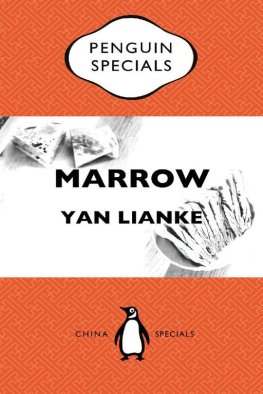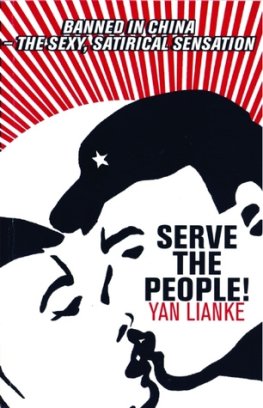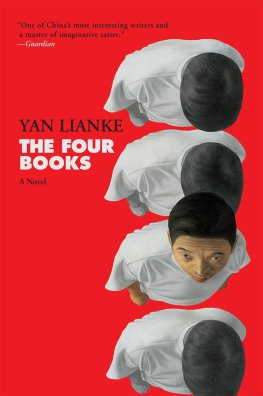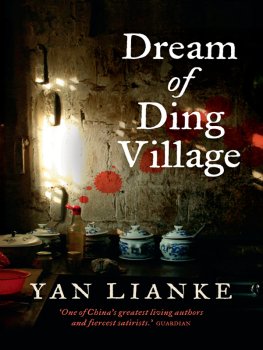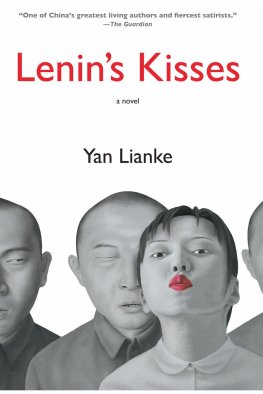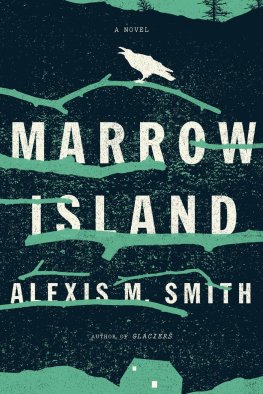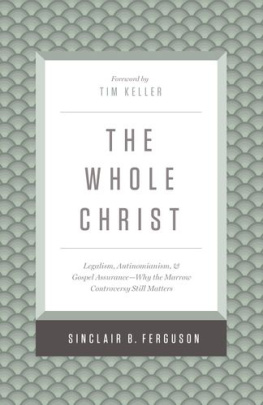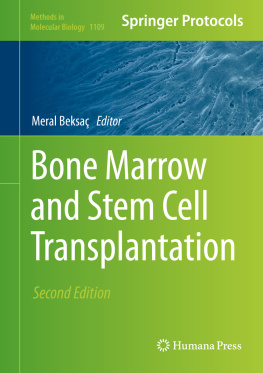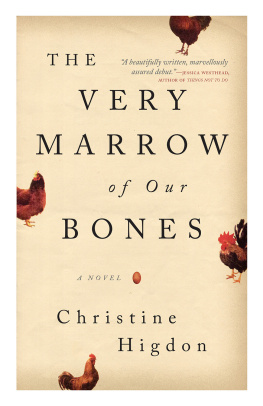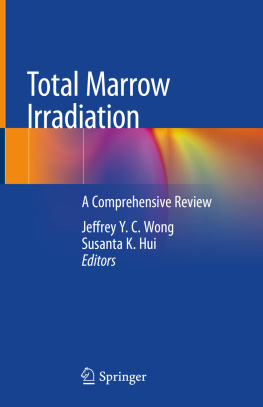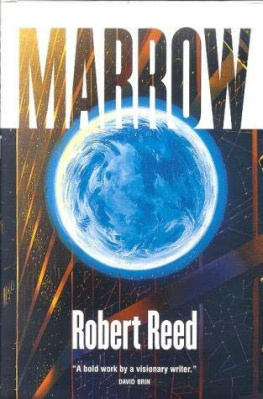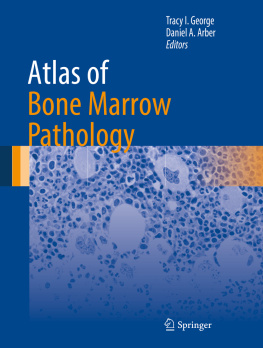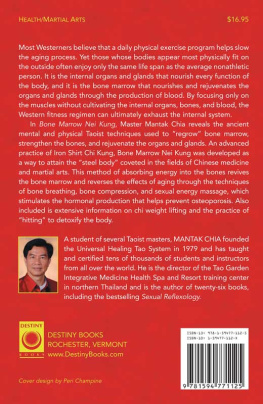Yan Lianke - Marrow
Here you can read online Yan Lianke - Marrow full text of the book (entire story) in english for free. Download pdf and epub, get meaning, cover and reviews about this ebook. City: Beijing, year: 2015, publisher: Penguin Books China, genre: Prose. Description of the work, (preface) as well as reviews are available. Best literature library LitArk.com created for fans of good reading and offers a wide selection of genres:
Romance novel
Science fiction
Adventure
Detective
Science
History
Home and family
Prose
Art
Politics
Computer
Non-fiction
Religion
Business
Children
Humor
Choose a favorite category and find really read worthwhile books. Enjoy immersion in the world of imagination, feel the emotions of the characters or learn something new for yourself, make an fascinating discovery.
- Book:Marrow
- Author:
- Publisher:Penguin Books China
- Genre:
- Year:2015
- City:Beijing
- ISBN:978-1-76014-280-3
- Rating:4 / 5
- Favourites:Add to favourites
- Your mark:
- 80
- 1
- 2
- 3
- 4
- 5
Marrow: summary, description and annotation
We offer to read an annotation, description, summary or preface (depends on what the author of the book "Marrow" wrote himself). If you haven't found the necessary information about the book — write in the comments, we will try to find it.
Marrow — read online for free the complete book (whole text) full work
Below is the text of the book, divided by pages. System saving the place of the last page read, allows you to conveniently read the book "Marrow" online for free, without having to search again every time where you left off. Put a bookmark, and you can go to the page where you finished reading at any time.
Font size:
Interval:
Bookmark:
Yan Lianke
MARROW
Translated from the Chinese by Carlos Rojas
As people retreat further and further from reality, they find themselves as distant as two generations separated by an endless road;
As people come closer and closer to reality, they find themselves like children in a mothers loving embrace.
An authors reflections
Translators Preface
Blood and bones. The old timers believed that the blood came from the mother and the bones from the father.
- Fae Myenne Ng, BoneFae Myenne Ngs debut novel, Bone, anticipates with uncanny foresight some of the central themes of Yan Liankes Marrow. Published in 1993, Bone describes a family of three girls from San Franciscos Chinatown. The family includes the protagonist, Leila, and her two younger half-sisters, Ona and Nina, and the book opens with Ona having recently committed suicide by jumping off a building. Her family struggles to respond to this loss, agonising over how they may each have contributed to it. Onas father, Leon Leong, originally came to the United States as a paper son someone who pretends to be another mans son for immigration purposes. Leon promised his paper father, Grandpa Leong, that he would return the older mans bones to China after his death, but Leon happened to be away at sea when the older man died. Consequently, Grandpa Leongs remains ended up buried in San Francisco, and Leon never managed to have the bones repatriated. After Onas suicide, Leon becomes even more distressed by his failure to send the bones back; he thinks that he gave those bones power, [and] believed that they were the bad luck that stirred Onas destiny.
Similar concerns with death and inheritance run through Yan Liankes Marrow, which he wrote in 1999. Set in a remote mountainous region of central Chinas Henan Province, Yans novella focuses on a family of three girls, each of whom suffers from a combination of epilepsy and other mental illnesses. The girls have a brother who is several years younger, and although it was initially believed that the boy was born normal, he begins displaying symptoms similar to those of his sisters when he is a year and a half old. The parents take him to see a doctor, who concludes that all four children have inherited their conditions via their father (though the father himself is asymptomatic). Upon hearing this news, the father proceeds to jump to his death from a cliff, leaving the mother to raise all four children on her own. Although the novellas main plotline unfolds two decades after the fathers death, the mother nevertheless continues to interact with him as though he were still alive, particularly with respect to questions of how she should raise their children. The fathers spectral presence symbolises the way in which his family continues to struggle with the disabilities they have inherited from him.
By the time the novel begins, the mother has already found (disabled) husbands for her two elder daughters, and is similarly determined to find a husband for her third, who has become increasingly aware of her sexuality. Moreover, even though the third daughters illness is more acute than that of her sisters, the mother is determined to find her a non-disabled husband or a wholer (quanren), to use Yan Liankes term. In so doing, the mother is hoping to domesticate her daughters errant desire while also giving her the chance to have children who might escape the clutches of the family illness. The youngest son, who is referred to in the novella as Fourth Idiot, is also driven by a set of aberrant desires including incestuous and even zoophilic tendencies. In the end, however, the novella ends up hinging on the boys more literal hunger, and the ways in which it may be rechanneled for alternative ends.
Like Marrow, many of Yan Liankes other works revolve around a dialectics of death and desire. Lenins Kisses (2004), for instance, focuses on a remote village whose residents all suffer from congenital (and apparently hereditary) disabilities. A local bureaucrat recruits the villagers to form a travelling performance troupe, wherein they perform for local audiences a set of special skills they have each developed to compensate for their disabilities. The bureaucrats objective in creating this performance troupe is his hare-brained scheme to purchase Lenins embalmed corpse from Russia, so that he may then turn it into a profitable tourist attraction in China. By having the villagers perform their disabilities precisely in order to arrange for Lenins corpse to be put on display, the bureaucrat is flaunting traditional funeral conventions, which are driven by a desire to remove the body of the deceased from view. Dream of Ding Village (2006) describes a remote village that has been ravaged by the AIDS epidemic, and one subplot involves an adulterous, terminally-ill couple who resolve to divorce their respective spouses and marry each other before they succumb to their illnesses. The novel is narrated through the eyes of a young boy who has recently died, and whose father becomes determined to disinter his sons remains so that the son may be granted a post-mortem marriage to the dead daughter of a local politician. The resulting ghost marriage may be viewed as a perversion of both conventional marriage and funeral rituals, while at the same time reaffirming the underlying concerns with identity and inheritance that drive these sorts of rituals in the first place.
Rituals generate identity and continuity through a process of repeated citation, though embedded within that process of citation is the necessary possibility of transformation. Rituals may be reinvented and transformed, and the identities and beliefs that they anchor are similarly fungible. In Fae Myenne Ngs novel, for instance, Leons status as a paper son means he has spent the past fifty years living a fiction, inhabiting another mans identity. One of his most valued possessions is a suitcase full of papers, including official documents, letters, newspaper clippings, and even countless rejection notices. The narrator explains that Leons collection reflects a tradition of honouring paper, how the oldtimers believed all writing was sacred, but also, more simply, it illustrates the fact that Leon kept things because he believed time mattered. Old made good. Yan Liankes Marrow similarly focuses on the ways in which ritual and tradition offer the possibility of self-invention.
Virtually none of the characters in Marrow is given an actual name, and instead they are identified by their kinship status: for instance, Eldest Daughter, Second Daughter, and so forth. The son is referred to as either Fourth Idiot, Fourth Son, or Fourth Babe, depending on the context. The parents are both identified by the familys surname, You, with the father also given the name Stone (shitou) and the mother, for reasons never explained in the text, consistently referred to as Fourth Wife You (You sipo). The original Chinese title of the novella, meanwhile, is Balou tiange, which could be translated as sky songs of the Balou Mountains. For this edition, however, we have re-titled the work Marrow, in recognition of the degree to which the story, like Fae Myenne Ngs novel, pivots around the concept of blood and bones.
Carlos Rojas, 2015Chapter One
The entire world smelled of autumn.
The fall harvest season arrived before you knew it. In the mountains, the sweet smell of corn was so thick it would stick in your throat. Drop by drop, the autumn light streamed down onto the roofs of houses, onto the tips of grass, and onto the hair of the peasants out working in the fields. This sunlight, shimmering like agate, illuminated the entire village.
Font size:
Interval:
Bookmark:
Similar books «Marrow»
Look at similar books to Marrow. We have selected literature similar in name and meaning in the hope of providing readers with more options to find new, interesting, not yet read works.
Discussion, reviews of the book Marrow and just readers' own opinions. Leave your comments, write what you think about the work, its meaning or the main characters. Specify what exactly you liked and what you didn't like, and why you think so.

